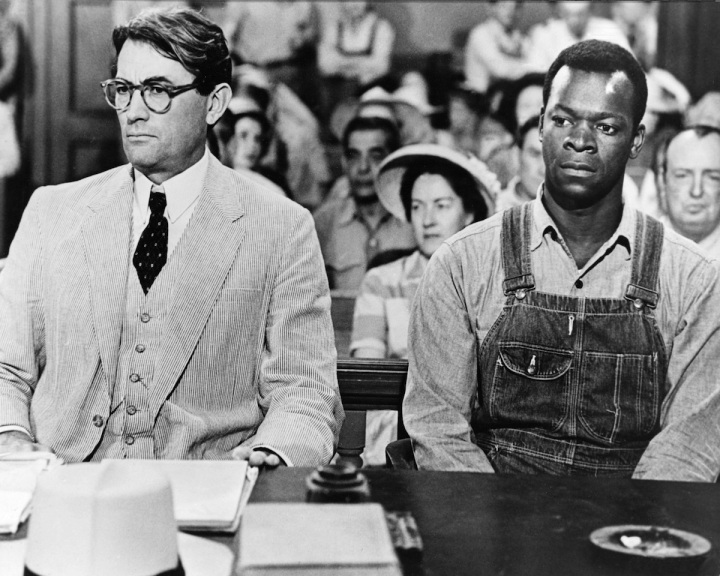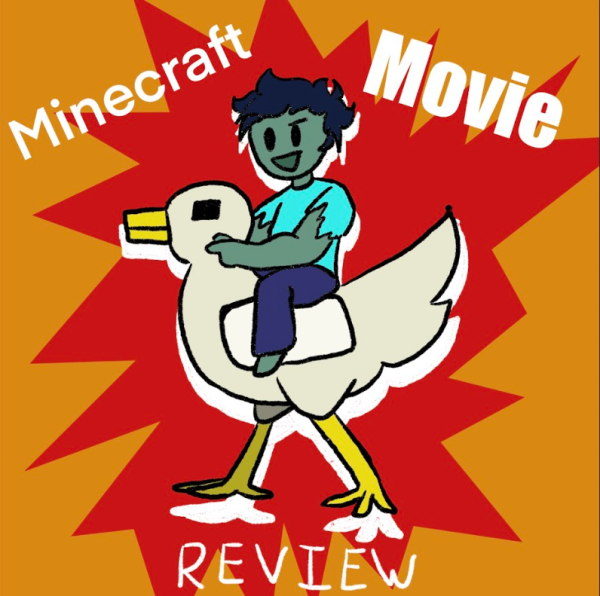Censorship Breeds Ignorance
Picture by Getty Images
Actors Gregory Peck as Atticus Finch and Brock Peters as Tom Robinson in the film ‘To Kill a Mockingbird’, 1962. (Photo by Silver Screen Collection/Getty Images)
History is forged from blood, tears, passion, and the true evils of human nature. American history has always been surrounded by an unspoken taboo that carries into how society views the past and the wrongs carried out by our predecessors. In classrooms, the subject of slavery is spoken with hushed voices and reverent silence, unintentionally placing the enslavement of a race of people in a bubble that is sacred and must remain undisturbed. And in society, people are quick to dodge the subjects of race and color, and shove the issue under a rug to save themselves the discomfort of discussing such a sensitive topic. The problem that comes with this ‘‘it-which-shall-not-be-named’’ mindset is that history repeats itself, and staying ignorant of the past fuels toxic ignorance, which leads to a vicious cycle of growing hate and violence.
A Mississippi school has recently caught backlash for removing the classic novel To Kill a Mockingbird from their eighth-grade English curriculum. The novel focuses on a small Alabama town during the Great Depression, in which a black man is accused of raping a white woman. Author Harper Lee does not refrain from bringing the harsh truths of the time period to life: racism, sexism, abuse, and the injustice of the judicial system. The vice president of the Mississippi board, Kenny Holloway, claimed, “There is some language in the book that makes people uncomfortable, and we can teach the same lesson with other books” (Caron, 2017). Holloway is referring to the controversial use of the “n-word” in the novel. As parents and staff are split between the anger of such an influential book being pulled and the relief of not having to face the problem with their own children, a question arises: are children really so fragile they cannot handle a book that speaks of real issues in America?
Mississippi is censoring their children and sheltering them from the truth of the world. By pulling To Kill a Mockingbird from the curriculum, they are removing the students’ rights to learn about the problems that plague America. The idea of censoring schools is not a new concept, and it is especially prevalent in Southern states such as Alabama and South Carolina. These states have an ideal image of how slavery is portrayed. Censorship in the South is so strong that to this day, you can find Southerners who have grown up being taught that slavery did not in fact cause the Civil War, and that it was a myth conjured by the Union to break the unity of the Confederacy.
Censorship directly contradicts the First Amendment, which prohibits the suppression of information, which may be considered objectionable, harmful, sensitive, politically incorrect, or inconvenient by authorities or institutions. The ugly truths of history are taught so that youth can pull apart how each event affected another, and understand why those ugly truths are kept down and only spoken of in hushed whispers. These schools are directly removing the children’s choice by discarding these ugly truths from curriculum.
Less children are learning the ugly truths of history, and it is all because of the discomfort some may feel as a price of their understanding. More children need to learn and discuss controversial topics such as racism, abuse, rape, and sexuality. They need to learn how to remove the taboo from subjects deemed difficult, as opposed to shying away from anything that makes them the slightest bit uncomfortable or causes the slightest spark of independent thought.

Hello! My name is Violet, I’m a senior and I’m so happy to be spending my final year in high school as a member of The Ubiquity! Not only did I further...








